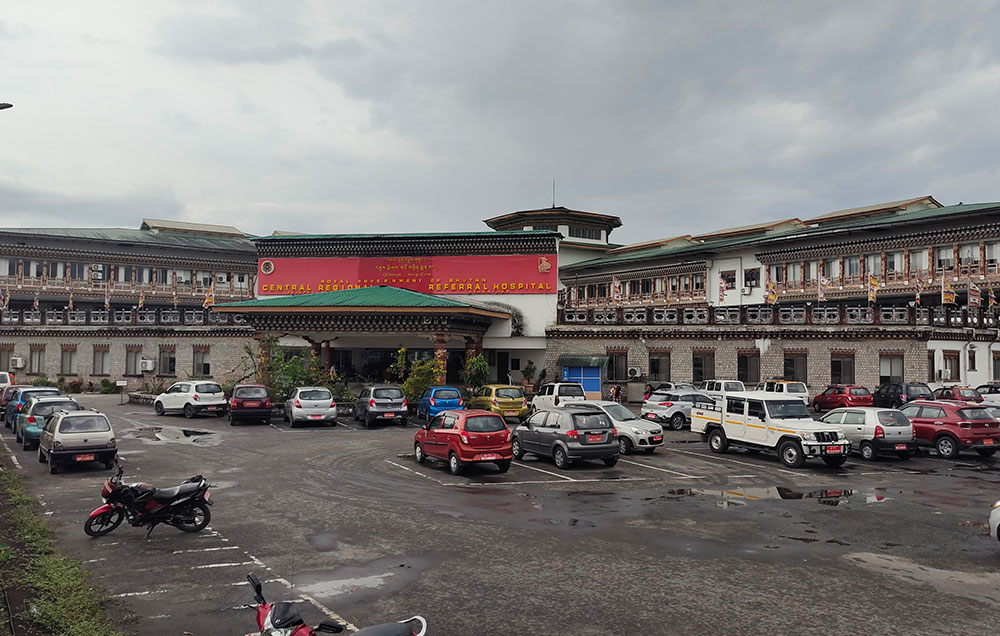Lhakpa Quendren
Gelephu—With only nine dialysis machines, Gelephu Central Regional Referral Hospital (CRRH) is facing a shortage of backup systems in case of equipment failure or maintenance downtime.
Currently, the machines are burdened with 73 patients undergoing routine dialysis treatment in three shifts. Each dialysis session takes four hours, with an additional transition time of 45 minutes between treatment sessions.
A staff nurse at the dialysis unit said that the machines operate continuously for extended periods. “The manufacturer’s instructions require at least a six-hour rest period. We keep one to two machines resting alternatively during the night shift.”
“We reserved one machine for emergencies, but without options, we had to use the backup machines as well,” he added. “Considering the ongoing situation and the increasing number of patients, we require additional machines.”
During each session, if the heat unit exceeds 80 percent, the machine needs to cool down to below 20 percent before it can operate again, a process that takes 15 to 20 minutes.
The medical superintendent of CRRH, Dr Choeda Gyaltshen, said that while the current cases are manageable with the existing machines, it is essential to have backup machines to ensure uninterrupted services during emergencies.
“Given that the CRRH faces pressure whenever there are machine breakdowns in Thimphu and Mongar, it is necessary to have at least one or two emergency dialysis provision machines,” he added.
Another two machines remain dysfunctional in the isolation room, requiring maintenance.
The dialysis unit operates at full capacity, with space to accommodate only nine patients at a time.
These patients, mostly young, come from as far as Pemagatshel and Samdrup Jongkhar, requiring two sessions a day. They face challenges in finding kidney donors to undergo transplants.
The workload on the machines has been further increased with the transfer of 15 CKD patients from the Eastern Regional Referral Hospital (ERRH), Mongar.
The patients are being transferred due to the ongoing planned preventive maintenance of the Reverse Osmosis (RO) Plant, along with some civil engineering activities at ERRH. This maintenance is expected to be completed by April 2.
With only 14 nurses, including eight trained staff, the additional CKD clients from ERRH have increased the workload on the existing nurses.
The patients travelled to Gelephu via public transport between March 14 and 19. ERRH covered the expenses from the patient relief fund, while the Bhutan Kidney Foundation provided shelter and food arrangements.


